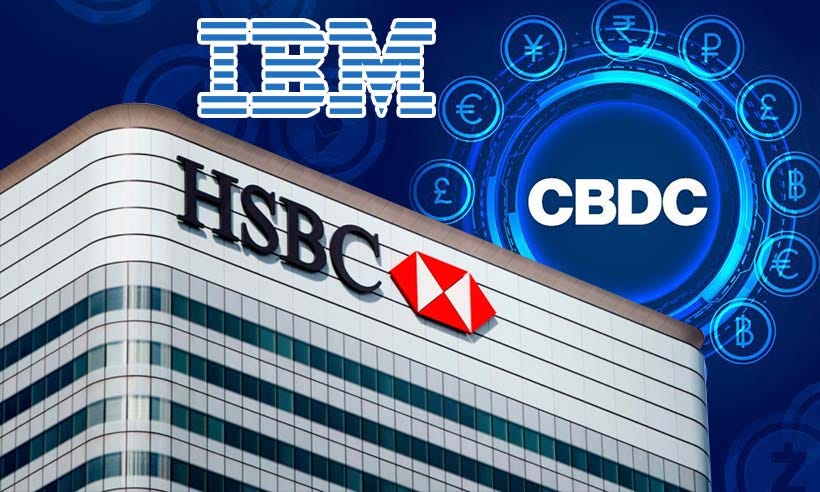On September 2025, HSBC and IBM announced a groundbreaking achievement: the first-ever corporate bond trade facilitated with the help of quantum computing. This collaboration marks a significant milestone in applying advanced computational technology to real-world financial markets.
The experiment combined quantum and classical computing resources in a hybrid approach, achieving a 34% improvement in forecast accuracy for order fulfillment compared to traditional methods. Algorithmic trading in the corporate bond sector relies on complex statistical models and market data to determine the likelihood of executing a trade at a specified price. Quantum systems allowed HSBC to identify hidden price signals more effectively within noisy market data, a finding confirmed using actual production data from the European corporate bond market.
Philip Intallura, Head of Quantum Technologies at HSBC, described the experiment as “a global breakthrough in bond trading,” emphasizing that quantum computing is no longer a distant possibility but a practical tool offering competitive advantages in financial services.
IBM’s Vice President of Quantum, Jay Gambetta, highlighted the value of combining deep industry expertise with innovative algorithms, stating that integrating classical approaches with quantum computational power opens new possibilities for solving large-scale business problems.
While this milestone showcases the potential of quantum computing in finance, it also underscores concerns for the cryptocurrency sector. Experts have warned that rapid advancements in quantum technology could one day compromise inactive Bitcoin wallets and other digital assets, although active users could safeguard funds using quantum-resistant cryptography. Notably, BlackRock and other major players have highlighted these security risks, prompting proactive measures such as El Salvador transferring nearly 6,300 BTC to new addresses in 2025 to mitigate potential quantum attacks.
IBM further fueled discussion with its June 2025 roadmap for Quantum Starling, a fault-tolerant quantum computer capable of 100 million quantum operations, expected to launch in 2029. The implications for financial markets and digital assets remain a topic of debate.
This collaboration between HSBC and IBM demonstrates that quantum computing is transitioning from theoretical research to practical applications, paving the way for a new era in financial technology and algorithmic trading.


